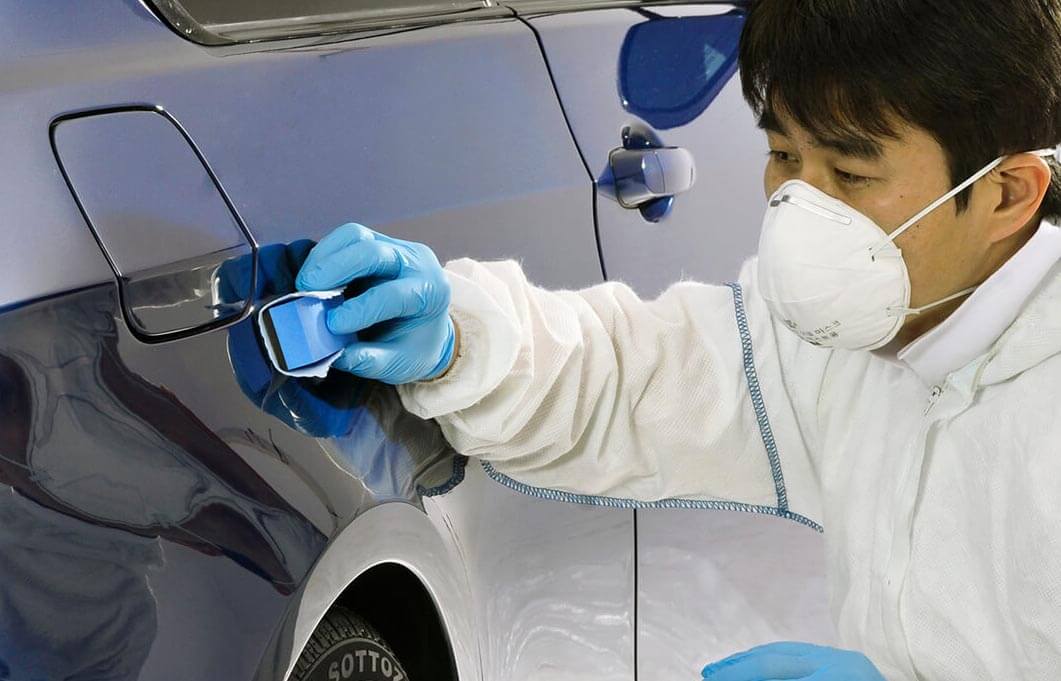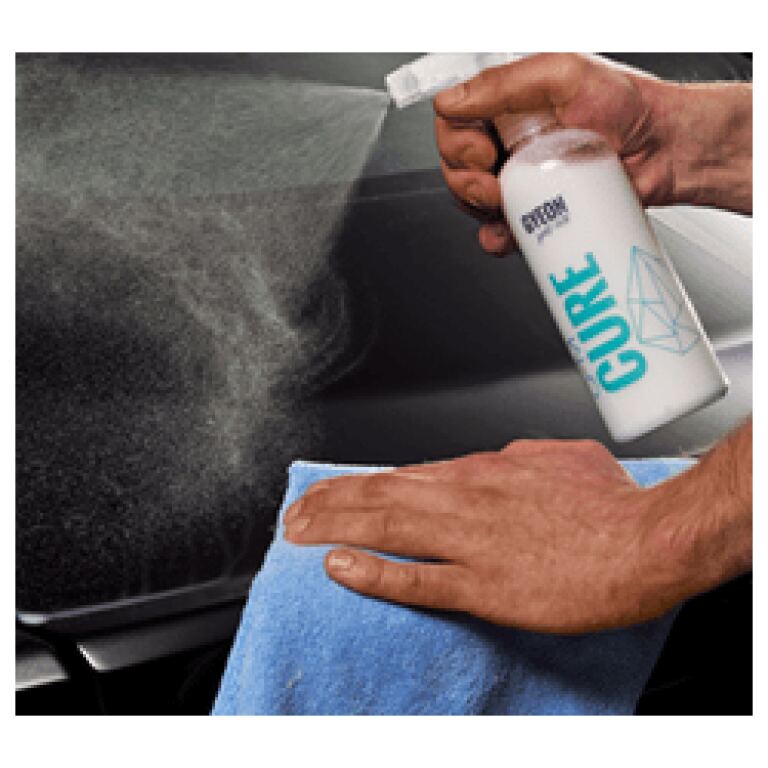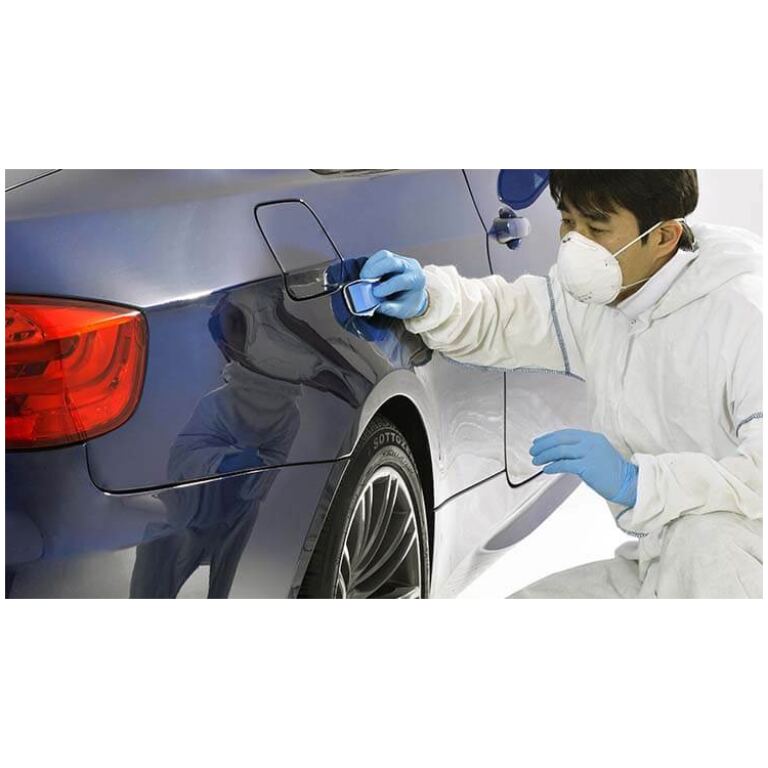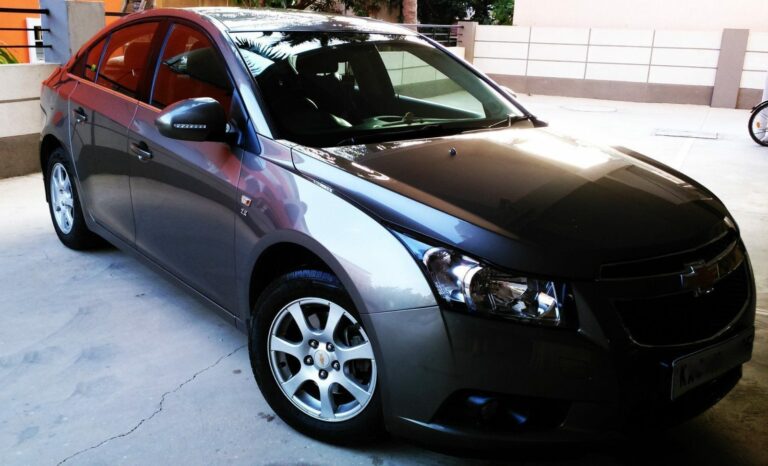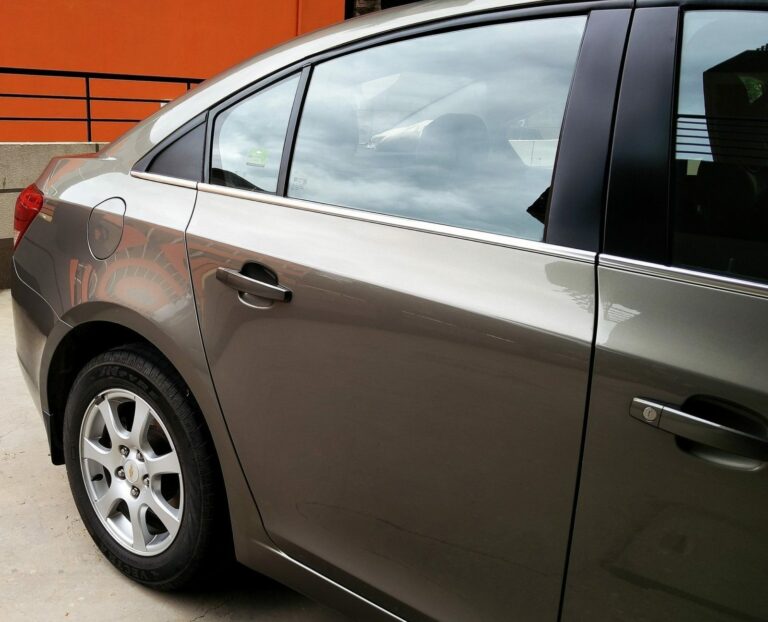Waxes Vs Sealants Vs Coatings

Waxes, sealants and coatings are different options available in paint protection. Each one is having its benefits and limitations. Though originally these products were differentiated by the ingredients with which they were made, now that’s not the case as you can find SiO2 based sealants and waxes.
Waxes
Waxes is made from a natural wax, usually Brazilian carnauba which is rock hard in its natural form. Generally, waxes contain natural ingredients that protect the paint add gloss and depth to the paint also, bead water nicely.
The main drawback of carnauba waxes is that it does not last as long as a synthetic sealant, it lasts only approximately 6 to 8 weeks. It also attracts dust, but nothing can beat the wet-look it provides.
Paint Sealants
Sealants contain man-made or synthetic ingredients, which last longer, they are easy to apply, and there’s nothing natural about them. A paint sealant is made of polymers, which are composed of tens of thousands of synthetic particles that are linked together. When a sealant bonds to your vehicle’s paint, it forms a rigid shell. They are glossy and slick, but may not have the warmth and depth of a carnauba wax. But the advantage of a paint sealant is the durability. A premium paint sealant can last 4 to 6 months, sometimes longer and typically wipe on and off very easily.
Coatings
Coatings are synthetic chemicals made of a Silica or a Quartz-Silane-based compound. They are considered permanent coatings because they cannot be removed unless you remove them by compounding/polishing or you purposefully neglect them.
Nano coatings are sealants with better chemistry thus they form stronger bonds at the molecular level and last longer with a durability > 12 months. Ceramic coatings are the most difficult to apply but will last the longest and are typically harder and more durable than your paint’s clear coat, but they can still be scratched and swirled and if that happens, they must be compounded and polished like a normal clear coat.
Ceramic coatings can be layered as well, these layering may help to have even-layer of coating and get more thickness. You can have a maximum of 3-4 layers, layering beyond this may not make much sense and proved as a waste of money and product, now there are new generation coatings available in the market which can achieve better thickness even in single layer.
The the actual point here is that how much thickness you get on the paint? More layers may not actually make much sense if it’s not a substantial thickness and it may be a drawback of a coating to add more thickness to the payment rather than any advantage, often the layering is used as a marketing gimmick by many brands.
Types of Glass Coatings
Glass-based coatings can be broadly divided into two categories: quartz-silane based coatings and silica-based coatings.
The quartz-silane-based glass coating provides very high gloss and strong durability. It protects the car body by creating a cured coating of silica on the car’s surface. However, it takes about three weeks for the coating to be fully cured, which is a drawback.
The silica-based glass coating is fixed to a silicon polymer molecule. Its durability and water repellency is inferior compared to the quartz-silane-based.
Hybrid Coating
The new types of glass coatings are hybrids, adding a silicone resin layer to the existing glass layer to change the hydrophilic (attracts water) trait of glass to hydrophobic, thus creating a strong water repellent product.

